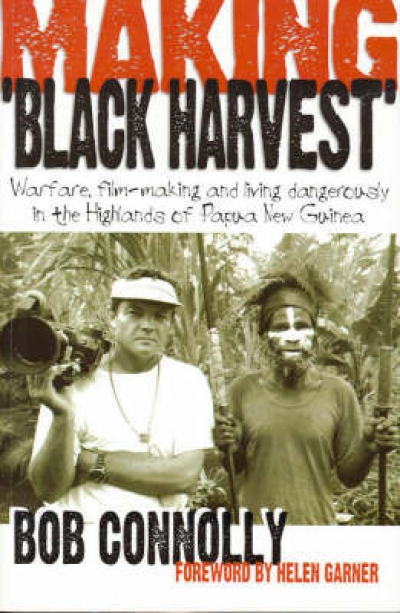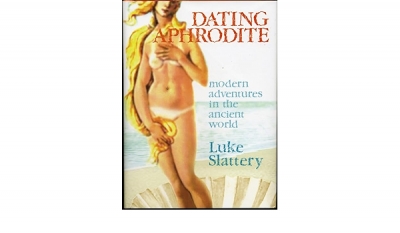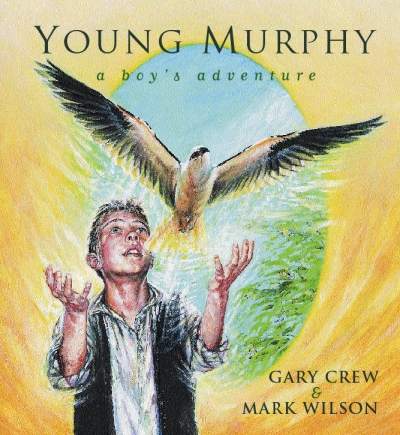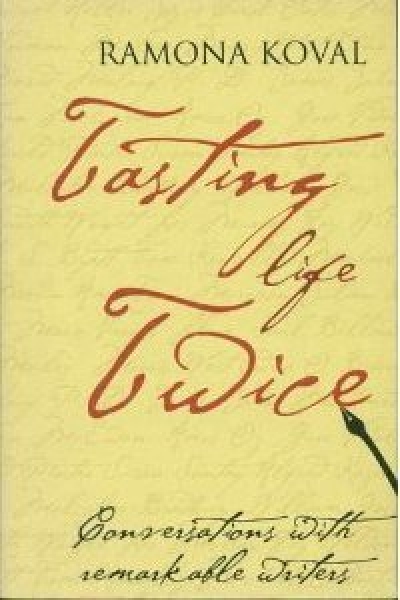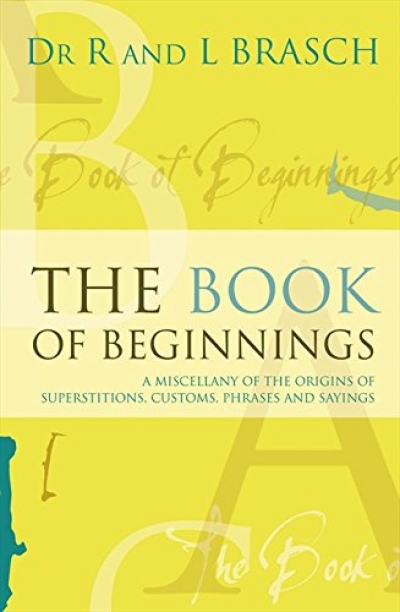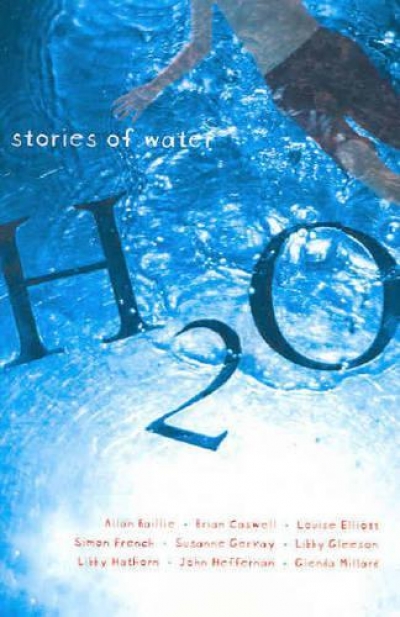ABC Books
Crackpots, Ratbags and Rebels by Robert Holden & Up Close by Peter Wilmoth
by Vivienne Kelly •
Making ‘Black Harvest’: Warfare, filmmaking and living dangerously in the highlands of Papua New Guinea by Bob Connolly
by Sarah Kanowski •
Dating Aphrodite: Modern adventures in the ancient world by Luke Slattery
by Peter Steele •
Young Murphy by Gary Crew, illustrated by Mark Wilson & 101 Great Killer Creatures by Paul Holper and Simon Torok, illustrated by Stephen Axelsen
by Margaret Robson Kett •
Griffith Review 8 edited by Julianne Schultz & Heat 9 edited by Ivor Indyk
by Michael Williams •
The Accidental Developer: The fascinating rise to the top of Mirvac founder Henry Pollack by Henry Pollack
by Morry Schwartz •
Tasting Life Twice: Conversations with remarkable writers by Ramona Koval
by Georgina Arnott •
Tales Of Two Hemispheres: Boyer Lectures 2004 by Peter Conrad
by John Thompson •
The Book of Beginnings: A miscellany of the origins of superstitions, customs, phrases and sayings by R and L Brasch
by Bruce Moore •
H2O edited by Margaret Hamilton & And the Roo Jumped Over the Moon edited by Robin Morrow, illustrated by Stephen Michael King
by Sherryl Clark •


